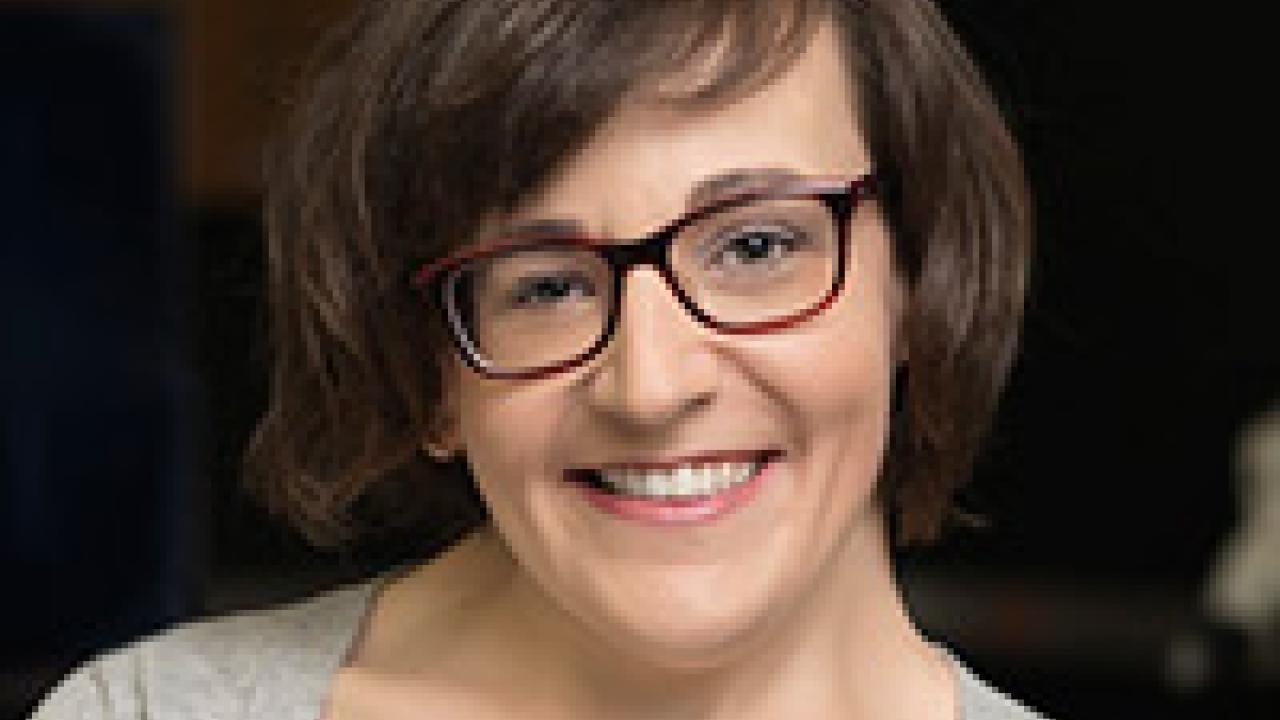
Event Date
AMY L. ORSBORN, PH.D.
Clare Boothe Luce Assistant Professor
Department of Electrical & Computer Engineering
Department of Bioengineering
Core Staff Scientist, Washington National Primate Research Center
University of Washington
Host: Karen Moxon, PhD, moxon@ucdavis.edu
This event has both in-person and remote options. Please follow the safety precautions in effect at the time of the event (link).
Registration link:
https://tinyurl.com/NeuroengDec22
Abstract
Brain-machine interfaces (BMIs) change how the brain sends and receives information from the environment, opening new ways to treat neurological disorders. For instance, motor BMIs directly map neural activity to the movements of an external device to restore movements to paralyzed people. Recent work highlights that BMIs do not simply “decode” subjects’ intentions—they effectively create a new motor system the brain learns to control. In this talk, I'll highlight the opportunities and challenges that arise in closed-loop BMIs where users learn and adapt. I'll present new work that suggests brain-device interactions can lead to potentially sub-optimal overall performance in BMIs if decoding algorithms do not take brain learning into account. I'll then discuss new directions in the lab developing computational and neurophysiological tools to actively shape or "engineer" learning to optimize overall BMI performance.
Bio
Dr. Amy Orsborn is a Clare Boothe Luce Assistant Professor in Electrical & Computer Engineering and Bioengineering at the University of Washington. She's also a core staff scientist at the Washington National Primate Research Center. She works at the intersection of engineering and neuroscience to develop neural interfaces to restore motor function. Among her honors, she received a L’Oreal USA for Women in Science postdoctoral award, the L'Oreal USA Changing The Face of STEM award, a Google Faculty Research Award, an Interdisciplinary Rehabilitation Engineering research fellowship, and a pilot award from the Simons Foundation Collaboration on the Global Brain. She completed her Ph.D. at the UC Berkeley/UCSF Joint Graduate Program in Bioengineering, and was a postdoctoral researcher at NYU’s Center for Neural Science.
